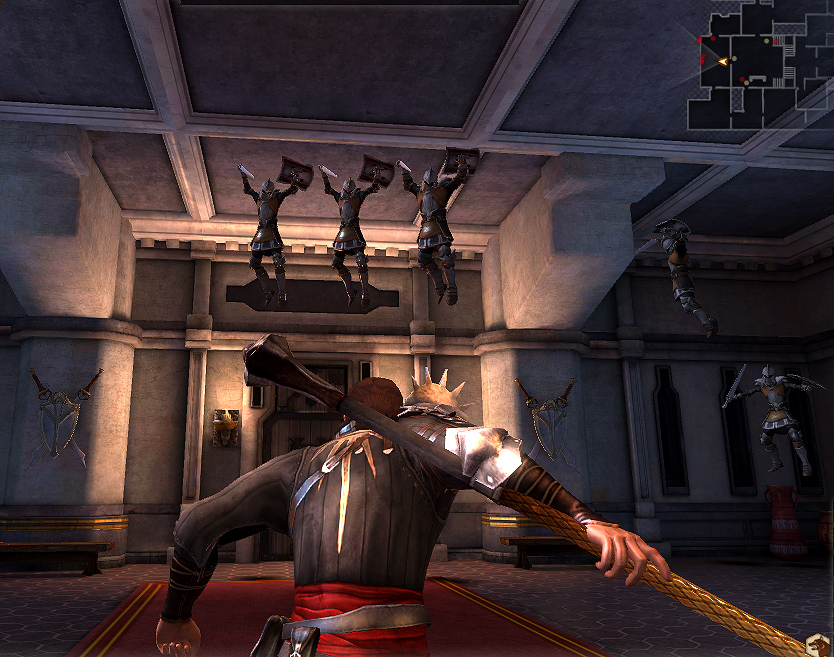On this note, the trend of procedurally generated levels is a big massive decline. It's infected indie RPGs to a large degree and every second game that comes out these days is some kind of roguelike or roguelite. As if level design wasn't important at all and you can just slap a bunch of mechanics together, have the levels and encounters be generated by the computer, and call it a day.
It doesn't really work for full blown RPG's where you expect the world to have some semblance of design that lets you change the world in future replays depending on your playstyle, but i have no idea what the problem with procedurally generated levels are.
So, developer wants to make it so that the game is always fresh, different and forces the player to learn and adapt with a mechanic that many people absolutely love...what's the problem?
Okay, fine, many procedurally generated games suck, but you can say the same about many games without procedural generation as well, and you're acting like making that kind of game is easy, when there is a reason why people spend years and years working on procedurally generated games, because, you know, you still have to make a world, you still have to make graphics, soundtrack, UI, making a bunch of obstacles and items for the player to discover, make an algorithm that makes fun levels that are beatable and so forth.
It's not as if people just make a bunch of stuff and then put a code of line to make every level random, even the algorithm behind those kinds of games takes a lot of work and testing, that isn't me saying that level design isn't important, far from it, most games i love aren't procedurally generated all the way, but i heavily disagree with procedural generation being automatically inferior or bad.


















